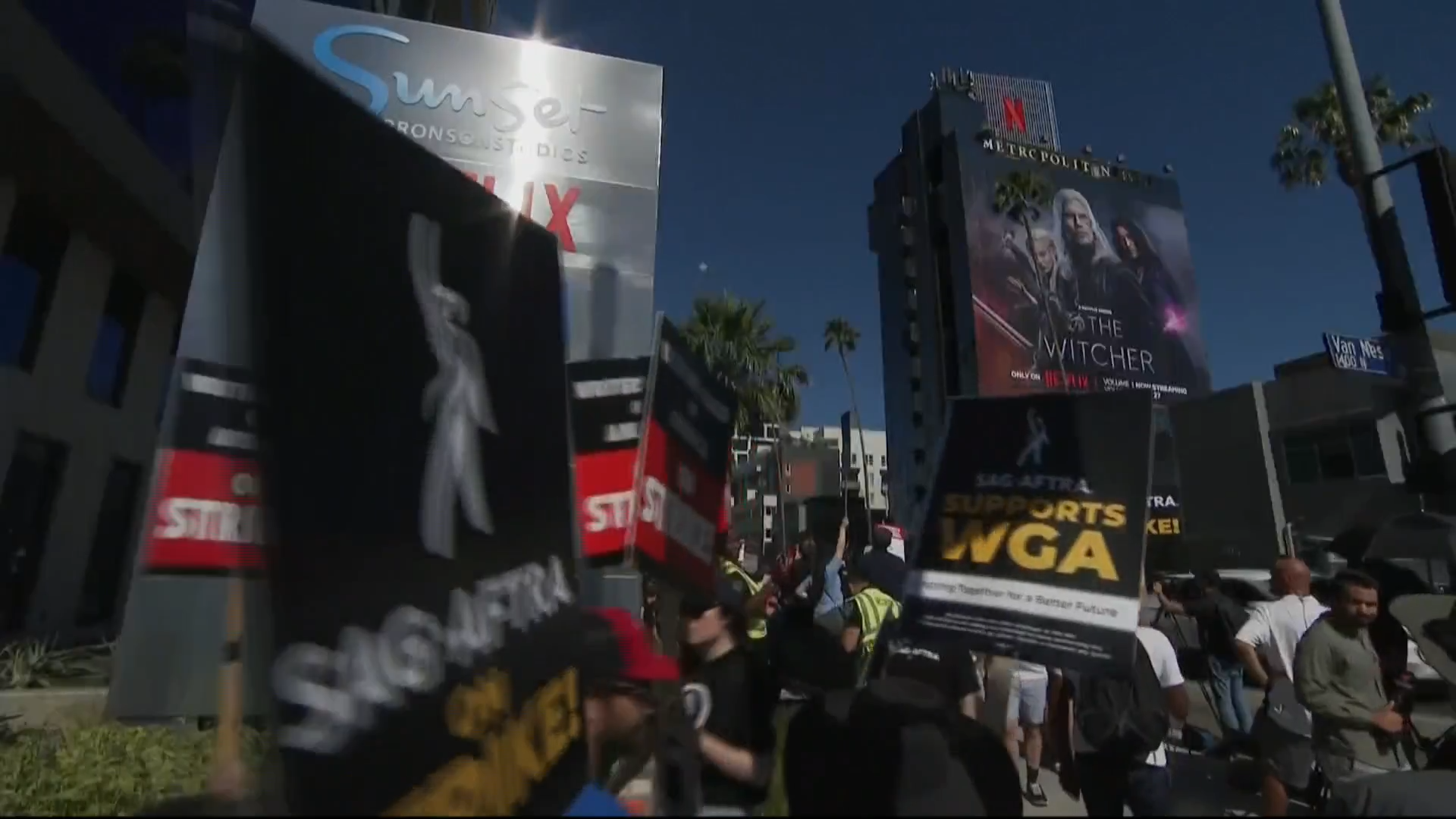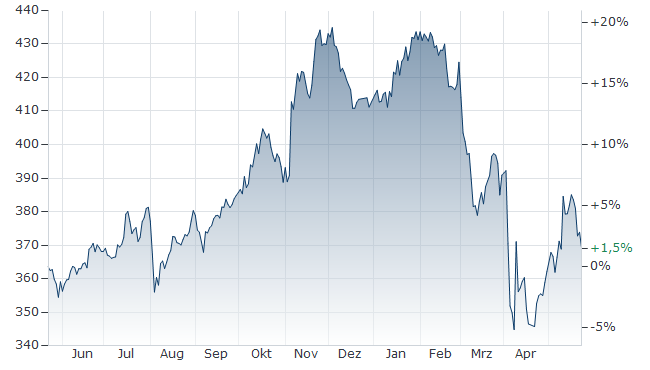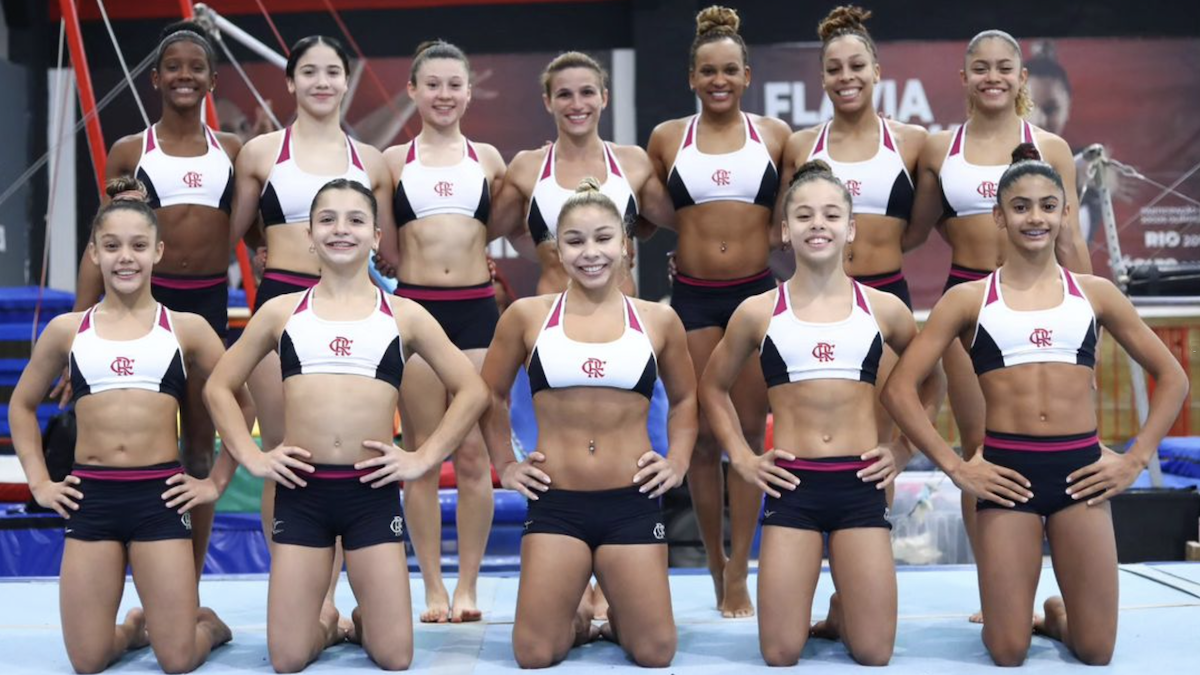Hollywood At A Standstill: The Combined Actors And Writers Strike

Table of Contents
The Core Issues Fueling the Hollywood Strike
The Hollywood strike isn't simply about money; it's about fair treatment, job security, and the future of creative work in the age of streaming and artificial intelligence.
Fair Wages and Residuals in the Streaming Era
The rise of streaming platforms has dramatically altered the entertainment landscape. While streaming services generate billions in revenue, actors and writers often receive significantly less compensation than they did under traditional television and film models. This is largely due to the shift from upfront payments and residuals based on viewership to flat fees, regardless of a show's success.
- Demands include:
- Increased minimums for actors and writers.
- Fair and transparent residual payments for streaming platforms, proportionate to viewership and revenue generated.
- Improved health and pension plans.
Studies show a stark pay disparity. While a hit show on traditional network television might generate substantial residual income for its cast and writers for years, equivalent success on a streaming platform rarely yields comparable compensation. This significant difference is a primary driver of the Hollywood strike.
Concerns Regarding AI and its Impact on Creative Work
The rapid advancement of artificial intelligence (AI) has introduced new anxieties for actors and writers. AI is increasingly used in scriptwriting (generating outlines, dialogue, etc.), editing, and even creating digital actors. This raises concerns about job security and the potential for AI to devalue and ultimately replace human creative talent.
- Key concerns:
- AI-generated scripts replacing human writers.
- The use of AI to create "digital doubles" of actors without their consent or compensation.
- The potential for AI to reduce the demand for human actors and writers.
The unions are pushing for regulations to protect creative professionals from AI exploitation. These include proposals for mandatory compensation for the use of an actor's likeness or voice in AI-generated content and restrictions on the use of AI to replace human creatives.
Working Conditions and Exploitation
The Hollywood strike also highlights the demanding and often exploitative working conditions faced by many in the industry. Long hours, grueling schedules, and inadequate rest periods are commonplace, particularly for actors and writers on low-budget productions. The power imbalance between studios and creative workers often leaves these individuals with limited recourse.
- Issues include:
- Excessively long working hours without proper compensation.
- Lack of adequate rest and meal breaks.
- Insufficient healthcare and other benefits for many workers.
- The prevalence of "pay-or-play" contracts that offer little job security.
The Impact of the Hollywood Strike
The Hollywood strike is having a significant and wide-ranging impact, extending far beyond the entertainment industry itself.
Economic Repercussions
The strike is causing significant economic losses across various sectors linked to Hollywood productions. Catering companies, transportation services, and local businesses reliant on film and television shoots are facing financial hardship. Studios, networks, and streaming platforms are also experiencing considerable losses, with delayed project releases and production shutdowns. Estimates suggest billions of dollars in revenue are being lost daily.
The Ripple Effect on Television and Film Production
The strike has already led to the postponement or cancellation of numerous movie and television projects. Upcoming award seasons and film festivals are also at risk, facing a significant shortage of new content. The impact on streaming services is particularly notable, with a potential for a significant decline in new releases.
Public Sentiment and Support for the Strike
Public sentiment has largely been supportive of the striking actors and writers. Many recognize the need for fair compensation and improved working conditions in the entertainment industry. High-profile celebrities, politicians, and other public figures have voiced their solidarity, significantly amplifying the strike's message through social media and traditional news outlets.
Potential Resolutions and Future of the Hollywood Strike
The outcome of the Hollywood strike remains uncertain. However, several potential scenarios are emerging.
Negotiation Strategies and Possible Outcomes
Both the unions and the studios are employing various negotiation strategies. The unions are focusing on demonstrating the strength of their collective bargaining power, while the studios are attempting to balance the financial implications of meeting the union's demands. Potential compromises might involve a phased approach to implementing some of the demanded changes, or focusing on certain key aspects while leaving others for future negotiations.
Long-Term Implications for the Entertainment Industry
This Hollywood strike has the potential to reshape the relationship between studios and creative professionals. It could spur a wave of future strikes and collective bargaining efforts across the industry, potentially leading to more robust protections for workers and more equitable compensation models. The long-term impact on the creative landscape and audience expectations remains to be seen.
Conclusion
The combined Hollywood strike, encompassing both the WGA and SAG-AFTRA, represents a critical juncture for the entertainment industry. The core issues—fair wages, AI regulation, and improved working conditions—highlight the need for a more equitable and sustainable model for creative professionals. The far-reaching economic and creative consequences of this Hollywood labor dispute underscore the importance of addressing these issues effectively. We must remain informed about the ongoing Hollywood strike, support the striking actors and writers, and engage in broader conversations about fair labor practices within the entertainment industry. Let's advocate for a Hollywood that values its creative talent and ensures fair compensation for the work that brings us so much joy.

Featured Posts
-
 Complete Nyt Mini Crossword March 16 2025 All Answers
May 24, 2025
Complete Nyt Mini Crossword March 16 2025 All Answers
May 24, 2025 -
 Amundi Dow Jones Industrial Average Ucits Etf Nav Calculation And Implications
May 24, 2025
Amundi Dow Jones Industrial Average Ucits Etf Nav Calculation And Implications
May 24, 2025 -
 Ecb Faiz Indirimi Avrupa Borsalarinda Karisik Bir Guen
May 24, 2025
Ecb Faiz Indirimi Avrupa Borsalarinda Karisik Bir Guen
May 24, 2025 -
 G 7 Nations Debate Lowering Tariffs On Chinese Imports
May 24, 2025
G 7 Nations Debate Lowering Tariffs On Chinese Imports
May 24, 2025 -
 Major Gun Seizure In Massachusetts 18 Brazilian Nationals Face Charges
May 24, 2025
Major Gun Seizure In Massachusetts 18 Brazilian Nationals Face Charges
May 24, 2025
